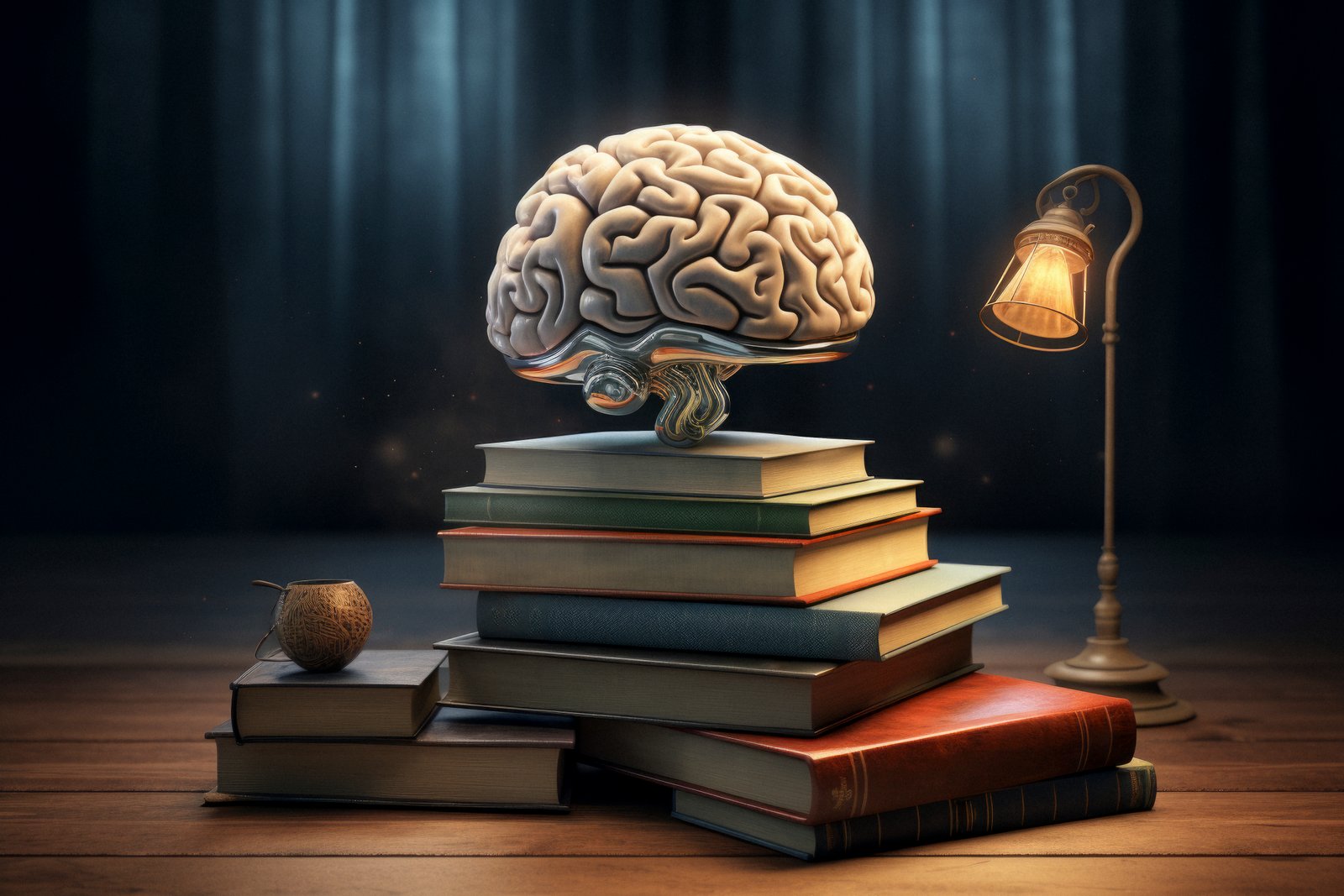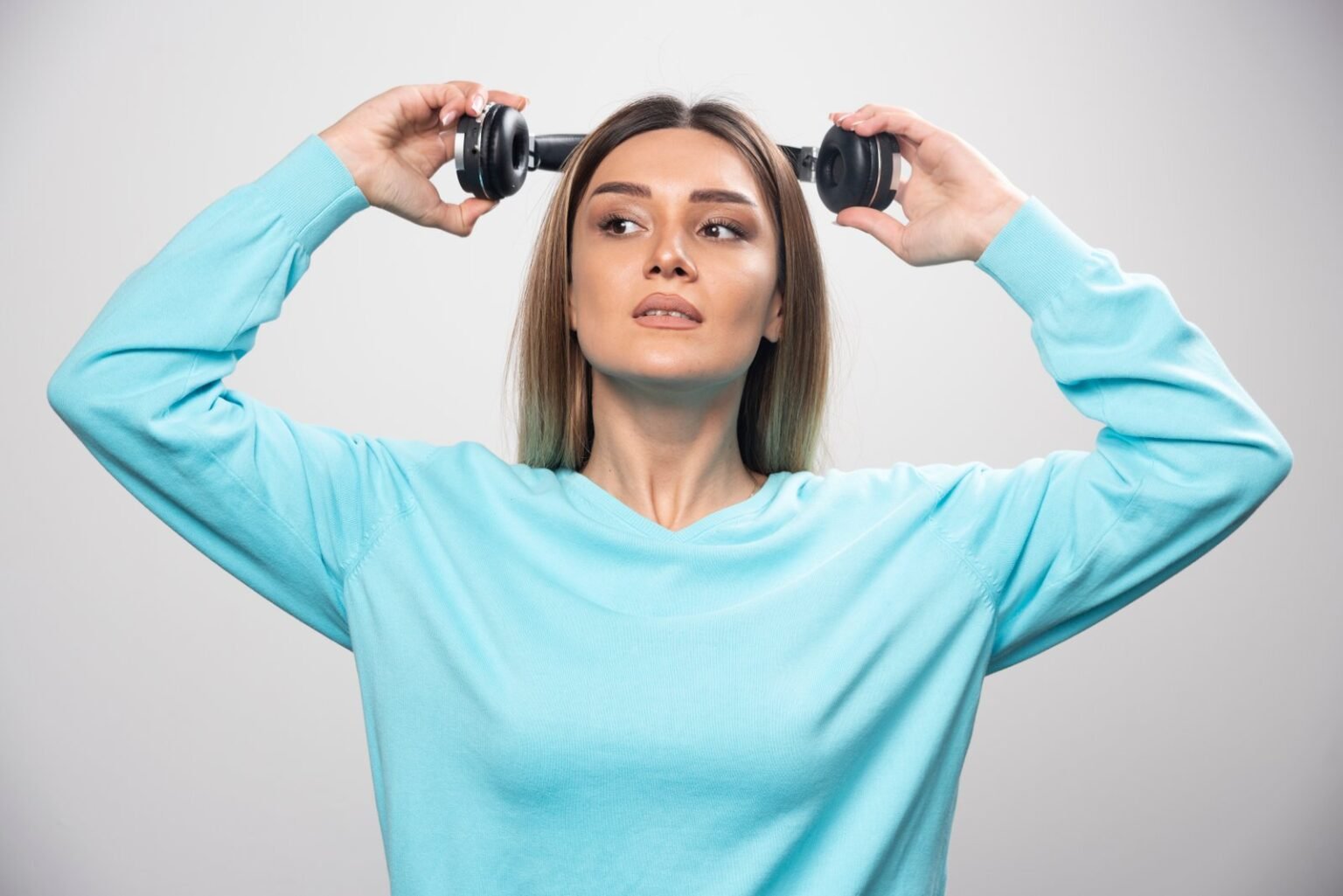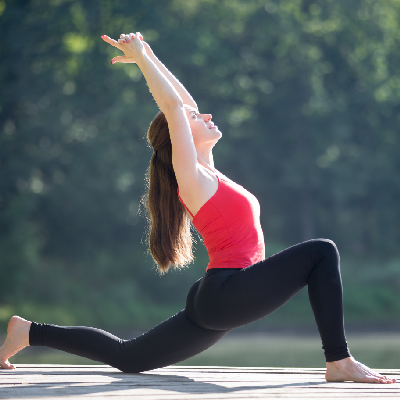Introduction: Understanding the Link Between Exercise and Brain Health
When we talk about exercise, we often think of physical benefits—weight loss, muscle gain, and improved cardiovascular health. However, the connection between physical exercise and mental well-being is often overlooked. The truth is, regular physical activity plays a crucial role in enhancing brain function, improving memory, and even supporting emotional health.
1. Neuroplasticity: Exercise Makes Your Brain More Flexible
Neuroplasticity refers to the brain’s ability to reorganize itself by forming new neural connections throughout life. This process is crucial for learning, memory, and adaptation. Physical exercise has been shown to significantly promote neuroplasticity, making your brain more adaptable and resilient to stress.

Example:
Consider a study published in the Journal of Neuroscience that found regular aerobic exercise (such as running or cycling) led to the growth of new brain cells in the hippocampus—a region associated with memory and learning. This is why regular exercise can help with cognitive function as we age.
How it works:
Exercise increases the production of brain-derived neurotrophic factor (BDNF), a protein that supports the survival of existing brain cells and encourages the growth of new ones. Higher levels of BDNF are linked to better cognitive performance and reduced risk of neurodegenerative diseases like Alzheimer’s
2. Enhancing Memory and Learning Capabilities
Exercise, especially aerobic activity, has been shown to improve both short-term and long-term memory. One of the most significant ways it boosts memory is by improving blood flow to the brain, which helps increase the supply of oxygen and nutrients to brain cells.

Example:
A study conducted by researchers at the University of British Columbia demonstrated that regular aerobic exercise could increase the size of the hippocampus, thereby enhancing memory functions. Participants who engaged in activities like jogging or swimming experienced improved memory retention and better learning abilities.
How it works:
Exercise stimulates the release of hormones like dopamine and serotonin, which play crucial roles in learning and memory. Increased blood flow to the brain during physical activity helps the brain process and retain information more effectively.
3. Combatting Stress and Anxiety: The Brain’s Natural Antidepressant
Exercise has long been known to help alleviate symptoms of stress and anxiety. It’s not just a mood booster—physical activity triggers the release of endorphins, the brain’s “feel-good” chemicals, which help alleviate feelings of anxiety and depression.

Example:
A clinical trial from Harvard Medical School revealed that participants who exercised regularly showed a significant reduction in symptoms of depression and anxiety. In fact, those who engaged in 30 minutes of moderate-intensity exercise at least five days a week experienced a notable reduction in stress levels.
How it works:
Exercise promotes the release of endorphins and also reduces levels of cortisol, a stress hormone. It improves overall mood and emotional resilience, making it a natural remedy for anxiety and depression. Over time, regular exercise can rewire the brain to cope better with stress.
4. Improving Focus and Attention: Enhancing Cognitive Performance
Whether you’re trying to focus on a task at work or studying for an exam, your brain’s ability to concentrate can make or break your success. Physical exercise improves cognitive performance, including focus, attention span, and mental clarity.
Example:
A study by the University of Illinois found that children who engaged in daily physical activity demonstrated better attention and concentration during classroom tasks. Adults who exercised regularly also reported higher productivity levels and better focus on complex tasks.
How it works:
Exercise increases the production of neurotransmitters like dopamine and norepinephrine, which are essential for focus, attention, and motivation. Additionally, physical activity helps to reduce mental fatigue and mental fog, leaving you more mentally sharp and alert.
5. Boosting Creativity and Problem-Solving Abilities
It might seem counterintuitive, but exercise can actually stimulate creativity. Research shows that taking breaks for physical activity can improve problem-solving skills, boost innovation, and enhance creative thinking.

Example:
A study published in Psychology of Sport and Exercise found that participants who engaged in physical activity before a creative task performed significantly better than those who didn’t. They were able to come up with more original ideas and solutions to problems.
How it works:
Exercise helps the brain to shift into a more relaxed, open state that fosters creative thinking. By improving circulation, reducing stress, and enhancing mood, exercise provides an environment conducive to fresh ideas and creative solutions.
6. The Impact of Exercise on Aging and Cognitive Decline
As we age, it’s natural for brain function to slow down, but regular physical activity can slow down this process and even prevent cognitive decline. Studies have shown that older adults who engage in regular exercise experience less age-related cognitive decline and a reduced risk of conditions like dementia and Alzheimer’s.
Example:
The Rush University Medical Center conducted a long-term study on elderly participants and found that those who exercised regularly had a 40% lower risk of developing Alzheimer’s disease compared to their sedentary peers.
How it works:
Exercise increases blood flow to the brain, which helps nourish brain cells and prevent the build-up of plaques that are associated with neurodegenerative diseases. Additionally, exercise supports the brain’s ability to form new connections, which is key to maintaining cognitive function as we age.
7. Exercise and Brain Function in Children and Adolescents
Physical activity is crucial for brain development in children and adolescents. Studies suggest that children who engage in regular physical exercise perform better in school, show improved attention spans, and have better emotional regulation.
Example:
A study by the American Academy of Pediatrics found that children who participated in physical activities like running, swimming, or even active play had better academic performance and improved social behavior.
How it works:
Physical exercise stimulates brain growth and helps with the development of motor skills and cognitive abilities. It also promotes better sleep, which is essential for memory consolidation and overall mental health.
8. Types of Exercise for Optimal Brain Health
While all forms of exercise benefit the brain, some types are particularly effective at improving cognitive function.
Aerobic Exercise:
Activities like running, cycling, and swimming improve blood flow to the brain and increase the production of BDNF, which supports memory and learning.
Strength Training:
Lifting weights or doing resistance exercises helps increase the levels of growth factors in the brain that are involved in learning and memory.
Yoga and Mindfulness:
Yoga and other mindfulness practices help reduce stress, improve mood, and boost brain function by promoting relaxation and mental clarity.
HIIT (High-Intensity Interval Training):
Short bursts of intense exercise followed by rest periods have been shown to improve brain function, including memory, attention, and cognitive flexibility.
CONCLUSION:
Regular exercise is not only essential for maintaining physical health but also for enhancing cognitive function. By improving blood flow to the brain, stimulating the growth of new neurons, and reducing the impact of stress, exercise contributes significantly to memory, focus, and overall mental well-being. Whether through boosting creativity, improving problem-solving skills, or protecting against age-related decline, the cognitive benefits of exercise are undeniable. Incorporating physical activity into daily life isn’t just an investment in your body—it’s an investment in your brain, leading to a sharper, more resilient mind.
10 Frequently Asked Questions (FAQs)
1. How does exercise improve brain health?
Exercise increases blood flow to the brain, stimulates the release of brain-boosting chemicals, and promotes neuroplasticity—helping your brain form new connections and stay sharp.
2. What is BDNF and why is it important?
BDNF (Brain-Derived Neurotrophic Factor) is a protein that supports the growth, survival, and repair of brain cells. Higher levels of BDNF are linked to improved learning, memory, and reduced risk of neurodegenerative diseases.
3. Which type of exercise is best for boosting brain function?
Aerobic exercises like running, swimming, and cycling are the most effective, but strength training, yoga, and HIIT also significantly improve focus, memory, and mood.
4. How much exercise do I need to improve brain health?
Most experts recommend at least 150 minutes of moderate aerobic activity per week or 75 minutes of vigorous activity, along with muscle-strengthening exercises twice a week.
5. Can exercise really help reduce stress and anxiety?
Yes. Exercise triggers the release of endorphins—your natural mood boosters—and reduces cortisol (the stress hormone), helping you feel calmer and more emotionally balanced.
6. Does exercise improve memory?
Absolutely. Physical activity increases blood flow to the hippocampus, the brain’s memory center, supporting both short-term and long-term memory.
7. How does exercise benefit children’s brain development?
Regular exercise in children enhances attention, learning, motor skills, emotional regulation, and academic performance by stimulating brain growth and improving neural connections.
8. Can exercise help prevent cognitive decline as we age?
Yes. Studies show that older adults who exercise consistently have a lower risk of dementia and Alzheimer’s. Exercise keeps blood flowing to the brain and protects against age-related decline.
9. Is exercise helpful for boosting creativity?
Definitely. Physical activity relaxes the mind, increases oxygen flow, and reduces mental fatigue—all of which support creative thinking and better problem-solving.
10. How soon can I notice mental benefits from exercise?
Some changes—like improved mood, reduced stress, and better focus—can be felt immediately after a workout. Long-term benefits such as better memory and cognitive resilience develop over weeks to months of consistent exercise.
Suggested Read:10-exercises-to-tone-every-inch-of-your-body












